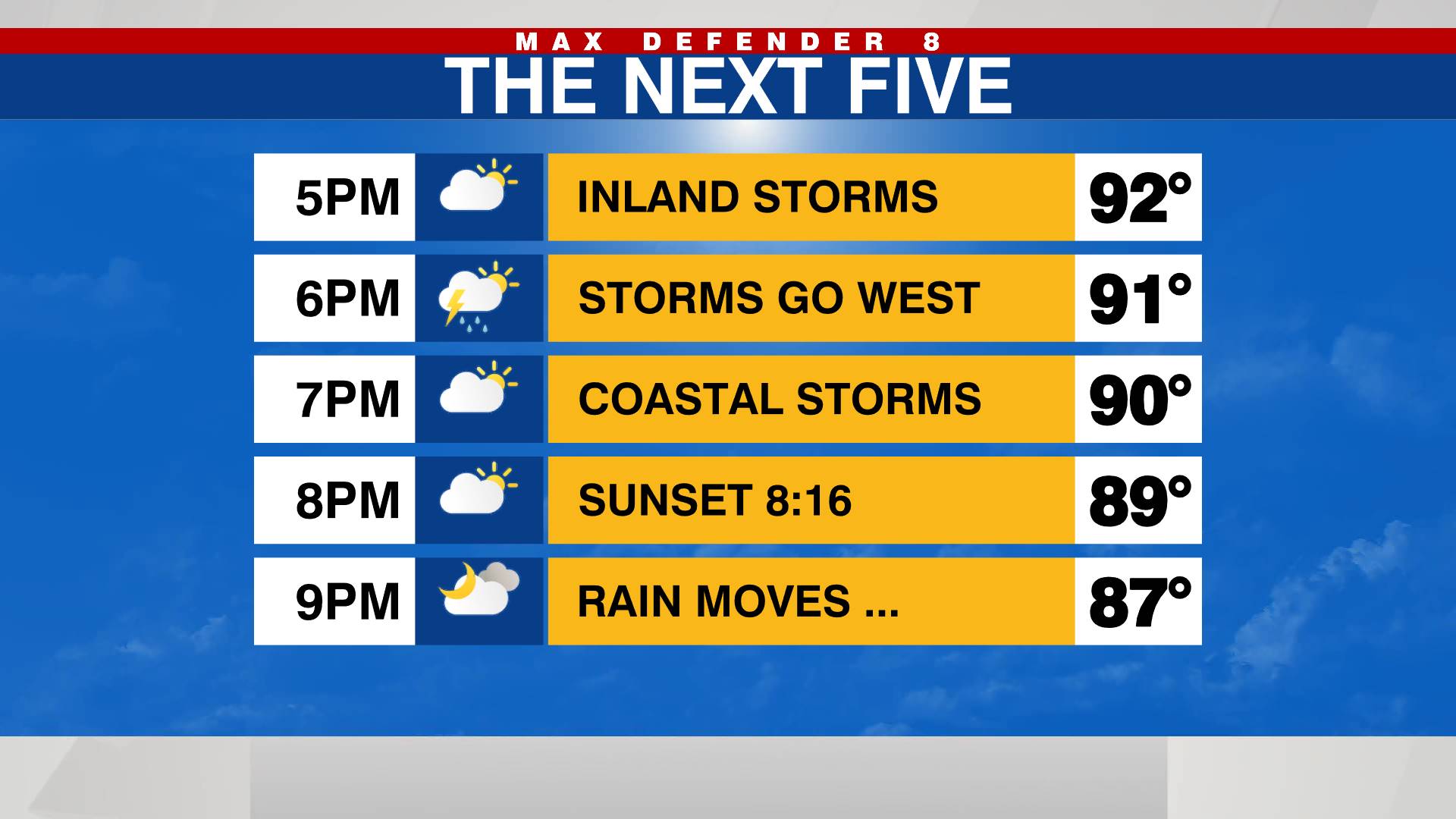LABELLE, Fla. (WFLA) — The total death tally for Florida panthers this year grew to 32 after a young male was reportedly hit by a vehicle in Glades County.
The panther, believed to be around 7 to 8 months old, was found dead on Wednesday, Dec. 4 on Loblolly Bay Road, 0.3 miles west of Fernwood Lane in Glades County, according to the Florida Fish and Wildlife Commission (FWC).
Officials said the suspected cause of death was a vehicle collision — something that has become a common occurrence in the state. According to the FWC, car crashes are the “primary cause of death for Florida panthers.”
In an email, Jason Totoiu, a senior attorney at the Center for Biological Diversity, said the total number of panthers killed this year is a record high since 2016. Nearly 80% of all panthers found dead have perished after being struck by a vehicle.
“This little panther’s tragic death illustrates the dire need for wildlife officials and state lawmakers to save this species before it’s too late,” Totoiu said. “Development keeps eating away at the little bit of habitat left in southwest Florida, and it’s remarkable this panther made it this far north. It appears this animal tried hard to find safe passage through a narrow strand of habitat only to be hit by a car.”
Totoiu called on state lawmakers to establish dedicated funding for wildlife crossings that are strategically placed, stating that “many states have done this already, and Florida needs to follow suit.”
In the meantime, the FWC encourages drivers to slow down and observe all posted speed limits, especially in panther zones, which are in place in several counties across South Florida and coincide with places panthers are known to cross.
Florida panthers have been documented as far north as the Florida-Georgia state line but are mostly found south of Lake Okeechobee, according to the FWC. The species is currently listed as endangered under the Endangered Species Act and it is illegal to harm or harass them.
Anyone who spots an injured, sick or dead panther is asked to report it to the FWC Wildlife Alert Hotline at 888-404-FWCC (3922).














